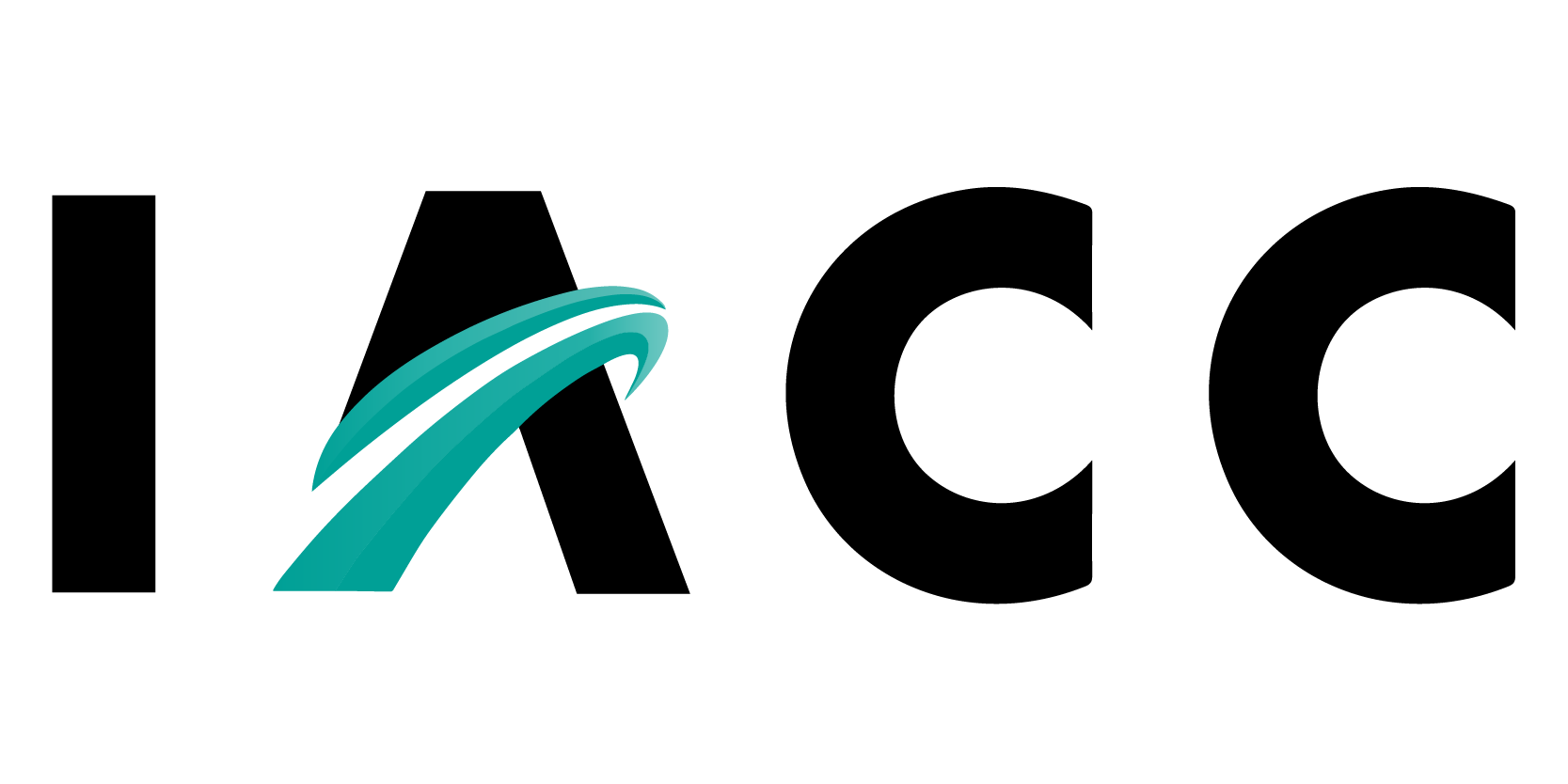Do Dream Jobs Exist And How To Find One

“Find a job you love and you’ll never work a day in your life.” It’s a nice sentiment—but for most of us, it’s not quite that simple. Many people work all their lives at something that they honestly can’t stand. Many settle for jobs that fit their skill set but come with toxic colleagues and managers, or they enjoy their coworkers but the actual function of their job is either meaningless to them or doesn’t mesh with their ethics.
I love the childhood question, “What do you want to do when you grow up?” As children, we don’t have the imaginative constraints we develop as adults. I’ve never met a four-year-old whose “I wanna be an astronaut” was qualified by “Of course, I probably won’t get into the astrophysics program at Rice, and even if I do, I’ll probably be discriminated against because I’m a woman, plus what if I can’t live on government pay? Cape Canaveral is really humid. I don’t really see this working out in practical terms.”
I’m convinced that very few of us know what we’re meant to do at an early age. I know exactly one person who never wavered from a childhood job fantasy—my colleague Amy, a board-certified internist. “I knew when I was five that I wanted to be a doctor,” she told me over lunch. I peppered her with questions: were there other doctors in her family? No. Where did she get the idea from? Unsure. Did she have a female pediatrician as her doctor? Nope. And so on.
Of the thousands of clients I’ve worked with, the vast majority aren’t sure whether what they’re doing aligns with their career compass. Helping people uncover what they’re meant to do has become the most requested service and, to date, I’ve helped hundreds of people figure it out.
Much of what is mentioned in this article from Kathleen Furore is a would-be checklist of things to evaluate after you’ve received an offer. Or possibly once you’ve started at the company. This vital rubric is key to happiness, but it is not the magic formula for the elusive dream job.
So what is?
Key? Knowing what IS your dream job.
Of the more than 4000 clients I’ve worked with, the vast majority aren’t exactly sure what they’re doing aligns with their career compass. Helping people uncover what they’re meant to do has become the most requested service in my practice. To date, I’ve helped hundreds of people figure it out.
I’ve become known for this—for being some sort of muse or career whisperer helping people uncover the job or job family that would satisfy three major needs: What they love to do, what they’re good at doing, and what will pay them what they deserve to be paid at this point in their careers.
I’ve helped a schoolteacher realize that she loves helping employees use SaaS products post-implementation. A VP of Product at Meta discovered that he is meant to broker agritech deals between Brazil and the US. A Director of Operations took a leap to become a change management consultant. One of my clients—a literary writer by training, and someone who would have been a college professor but couldn’t stand the toxic politics of academia—is now working as a college advisor and says it’s the first job she’s ever loved.
My favorite was a director of business development who realized that he really wanted to lead a venture capital company. I loved this one because after three years working together, he sent me an email that went something like this: “Hey Cara, remember me, your favorite patient? (He often said our calls felt like therapy sessions.) Well, guess what my new title is?” You got that right. He’d just landed a new gig as CEO of a VC fund.
These individuals would all say that they know what their dream job is.
Nice Work if You Can Get It…
So, how do you land your dream job? When you work with me, my 20 years of human resources, recruiting and career coaching kicks in, and together we build a plan:
- Knowing the job. I have a four-step process to help job seekers understand the center of the Venn diagram (what do you love? What are you good at? What are the available, viable jobs that tick those boxes and pay you what you deserve to be paid at this point in your career? It involves self-reflection, an audit of loves and hates from your entire career history, an exploration of various job titles that applies the love/hate analysis, and a rough prioritization or ranking of jobs that look like they’re in the “dream job” category.
- Executing a realistic action plan. Are they one job away from their dream? Are they two jobs away? Do they need to go back to school, or get additional training? We take a cold, hard, realistic look at the steps to get to their dream job.
- Getting that job. We create a clear dossier, design an actionable go to market strategy, Get in front of opportunities, strategize how to nail interviews and negotiate offers. That, my friends, is a good old-fashioned Career Plan. Do you have your career plan?
It isn’t your company’s role to orchestrate this for you. They have no idea what is your dream job and how what you’re doing now is moving you in that direction. They don’t—and can’t—think that way. This is something only you can figure out for yourself—people like me are essentially midwives in that process.
Back to the original question, do dream jobs exist?
I’m living proof that they do.
After decades of being miserable in my human resources role, I finally realized that the longer I stayed, and the higher I climbed—the more unhappy I became. Then one day I quit Corporate America and started my own business helping people land jobs they love.
If you’re interested in doing the same, you can learn more about our career coaching certifications here.
I’m living the dream. I love what I do. I love my clients. I’m darned good at it (can I say that?). And I am earning more money than I ever did as a Chief Talent Officer. I’m living proof that it is possible.
And so are many of my clients.
